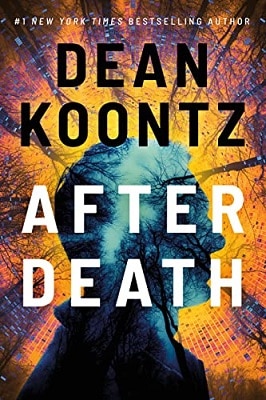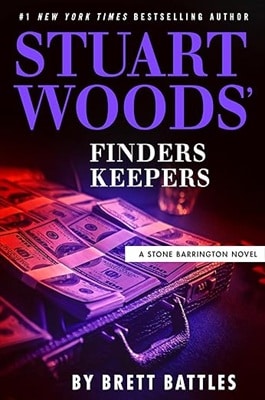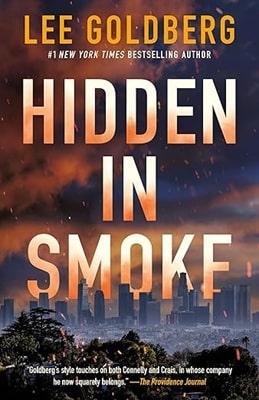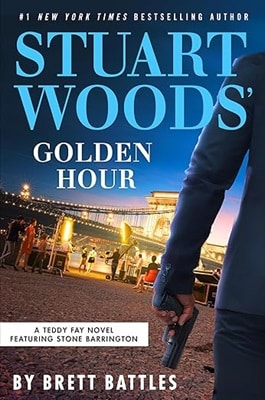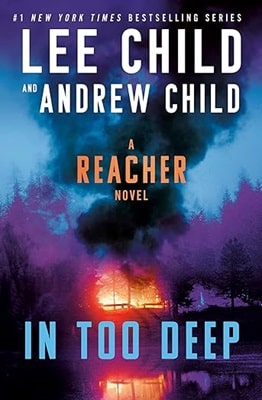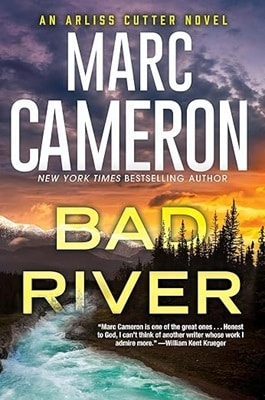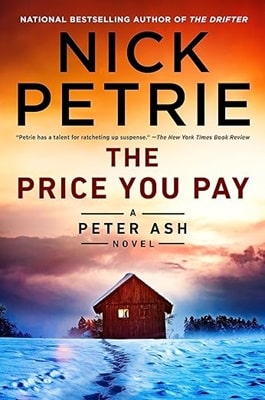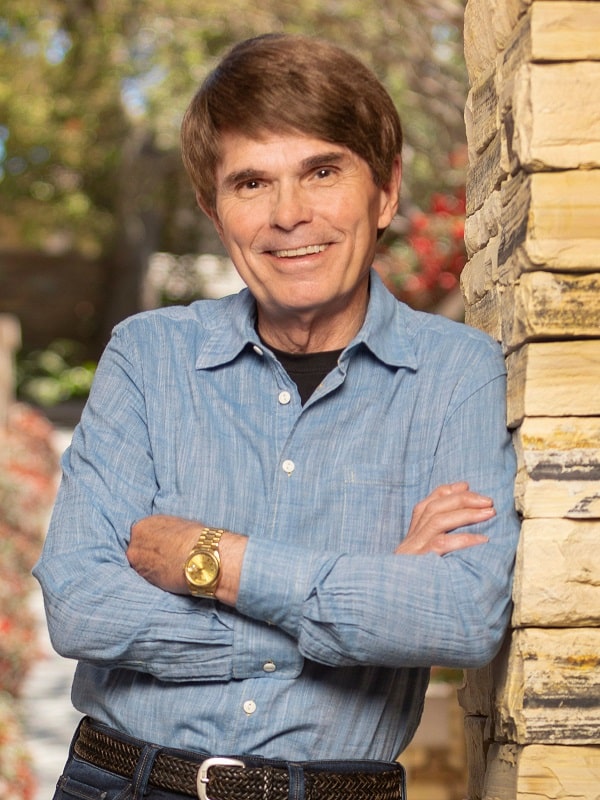
Q&A
Dean Koontz
Fourteen of Dean Koontz’s novels have risen to number one on the New York Times hardcover bestseller list (One Door Away From Heaven, From the Corner of His Eye, Midnight, Cold Fire, The Bad Place, Hideaway, Dragon Tears, Intensity, Sole Survivor, The Husband, Odd Hours, Relentless, What the Night Knows, and 77 Shadow Street), making him one of only a dozen writers ever to have achieved that milestone. Sixteen of his books have risen to the number one position in paperback.
He lives in Southern California with his wife, Gerda, their golden retriever, Elsa, and the enduring spirit of their goldens, Trixie and Anna.
Q. After Death introduces a unique concept where the protagonist, Michael Mace, gains extraordinary abilities after dying. What inspired you to explore this idea?
Dean: I wish I had a simple, colorful answer. Like I encountered a yellow-eyed hunchback on a bridge at midnight, and he handed me an envelope containing a plot outline and threatened to drag me to Hell if I didn’t develop it into a good novel. The answer is more mundane.
I’d read several novels about the Singularity, which means somewhat different things to different people, but which in essence is a belief that humanity will eventually merge with machine-computer technology and become fantastically smarter and immortal. Yeah, right. I’ve lived long enough to recognize a Utopian fever dream when I see one, and though I am not very wise about some things (okay, most things), I am wise enough to know that human nature ensures that utopian visions can never be fulfilled and in fact that those who pursue them can cause calamitous damage.
Because everything I was reading celebrated this Singularity evolution, I wanted to write something that took a different approach, as I’m basically a contrarian. Yet I didn’t want to write a dystopian novel on the subject because the culture is drowning in dystopian novels, movies, TV series, cereal commercials. I wanted a novel that followed a more realistic and hopeful path.
Therefore. . .what if the protagonist, who is involved in research into transhumanism, is one of 55 people who died when something in their experiment went badly wrong, and what if he is the only one to come back to life, and what if he is an embodiment of the Singularity. But he’s not immortal and he’s neither a superhero nor a supervillain, which frees him from the need to wear tights and a cape or a black Nehru jacket. What if he has one extraordinary ability and only one that gives him an edge, a hope of staying alive when the whole world is after him.
At that point, if the big-brain author can’t come up with some ability that is interesting, logical, convincing, and fresh——he or she needs to get a real job in shoe sales or opt for a life of crime to pay the bills. When I realized what power Michael Mace is given, something obvious yet unlike anything I’d read before, I knew it would be fun to follow him and see how he put it to use.
Q. Can you talk about the relationship between Michael and his best friend Shelby? How does Shelby’s admiration for Nina and John influence Michael’s actions?
Dean: This is not a spoiler: Shelby is one of the other 54 who dies in the lab incident and didn’t come back to life. Shelby was attracted to Nina, a single mother with a son named John, but never expressed his interest. I don’t write novels in which an agent of some intelligence service runs around saving the world. Whether or not a story has a fantastical element, I’m more interested in writing stories that are about more personal and compelling issues.
Michael’s grief over the loss of Shelby motivates him to do something special for Nina——whereupon he discovers that she lives under a terrible threat from the gangbanger who is John’s father. Suddenly he finds himself trying to rescue mother and son from an L.A. street gang as vicious and relentless as the Crips or the Bloods.
Q. After Death has a strong focus on the theme of rebirth and second chances. How did you approach the theme throughout the novel.
Dean: At the front of the novel is a quote from Paul of Tarsus: “Stand fast therefore in liberty. . .and be not entangled again with the yoke of bondage.” Except for Michael, who has been liberated by death and rebirth, every character in the novel is in bondage to someone or some idea, in bondage to their dreams of power or to fear. Even the primary antagonist is in bondage to the psychopathic worldview that arises from his strange childhood, and therefore even though he’s evil and terrifying, we can also understand him. Breaking free of what keeps us in bondage, taking advantage of second chances, is at the center of the novel.
Q. What was your inspiration behind creating the character of Durand Calaphas, the assassin from the Internal Security Agency?
Dean: The aforementioned gangbangers are as dangerous as anyone but also unaware that they’re also absurd and therefore funny. I felt I also needed an antagonist who was flat-out terrifying and unrelenting. Hence Calaphas. All psychopaths are power driven, with similar goals, but in the ideation of their madness, each is unique. Happily, Calaphas evolved to be so unique that he’ll scare the bejesus out of some readers. (The author now high-fives himself, which is no easy feat.)
Q. How do you build and sustain tension in your storytelling?
Dean: Diligently, assiduously, relentlessly, determinedly. Tension, suspense, narrative momentum——whatever you want to call it——is as essential to successful fiction as are strong characters. I am always afraid of losing the reader’s interest, and the best way to insure against that is to keep events, engaging character details, and surprises cascading on every page. In a sense, I write every novel as if a sinister yellow-eyed hunchback, once met on a bridge at midnight, will deal with me if I get boring.
Q. Can you share a bit about your current or upcoming projects? What can your fans look forward to?
Dean: Coming in January 2024 is THE BAD WEATHER FRIEND, a suspense novel that is also a comic novel. I had such a great time with it that I wondered if I had gone off-road into a deep woods where no one would follow me. But my agents and then everyone else in my professional life responded so strongly and positively that I decided I wasn’t insane after all. In July of next year, there’s THE HUNTRESS, which was one of the hardest things I ever tried to pull off, and therefore one of the most fascinating. Taking a risk of falling on your face makes all of this worth doing. Anyway, given the face I have, falling on it would not be a tragedy.

